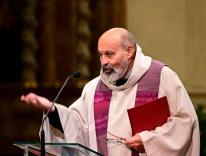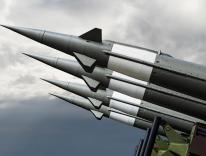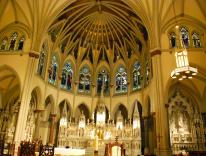
The scene has all the signs of a facetious culture,
Publishing houses, pawn-shops and pay-toilets;
August and graeco-roman are the granite temples
Of the medicine men whose magic keeps this body
Politic free from fevers,
Cancer and constipation.
The rooms near the railroad stations are rented mainly
By the criminally-inclined; the Castle is open on Sundays
There are parks for plump and playgrounds for pasty
children;
The police must be large, but little men are hired to Service the subterranean
Miles of dendritic drainage.
A married tribe commutes, mild from suburbia,
Whom ritual rules protect from raids by the nomad
Misfortunes they fear; for they flinch in their dreams at the scratch
Of coarse pecuniary claws, at crying images,
Petulant, thin, reproachful,
Destitute shades of dear ones.
Well, here I am but how, how, asks the visitor
Strolling through the strange streets, can I start to discover
The fashionable feminine fret or the form of insult
Minded most by the men? In what myth do their sages
Locate the cause of evil?
How are these people punished?
How, above all, will they end? By any natural
Fascination of frost or flood? Or from the artful
Obliterating bang whereby God’s rebellious image,
After thousands of thankless years spent in thinking about it,
Finally finds a solid
Proof of its independence?


